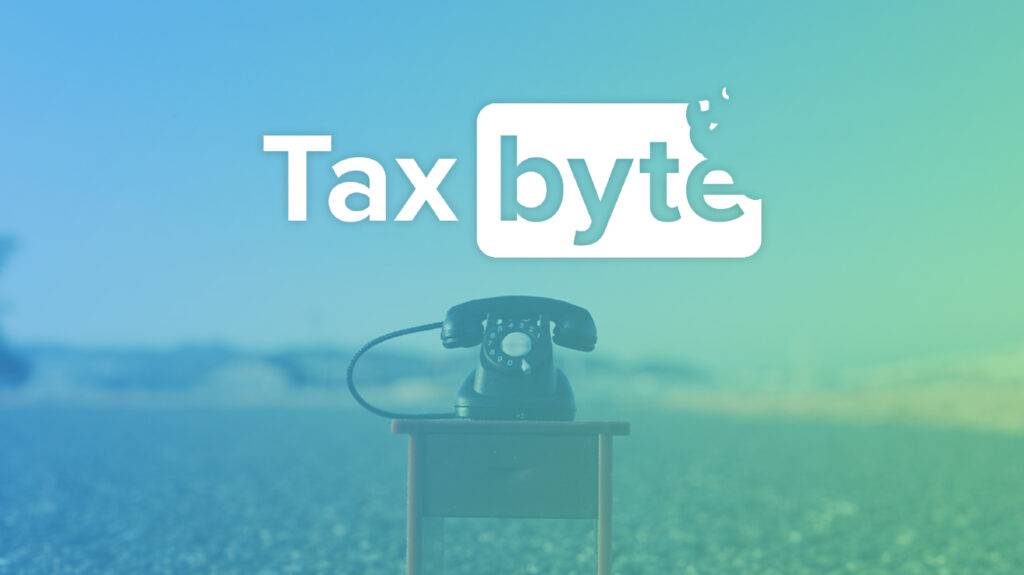
- |
- TaxByte
The Fifth Circuit upheld a dismissal of a breach of fiduciary duty claim when a
2 min read

Happy New Year, tax pros. How many of you woke up yesterday with all the hopes and dreams a new year brings and spent some of your first moments in 2024 eagerly filing your first Beneficial Ownership Information (BOI) report? Perhaps you poured a spot of Baileys in your coffee to accompany the big moment. And maybe you were even a little surprised by how tickled you felt inside to see the filing process run so smoothly despite all the naysayers.
I did none of those things, but you weren’t alone. And there’s no judgement here. Especially about the Baileys.
Yesterday, and right on time, Treasury’s Financial Crimes Enforcement Network (FinCEN) rolled out its BOI E-Filing System and began accepting entities’ initial reports. FinCEN’s new platform supports the administration of its controversial BOI reporting rule issued on September 30, 2022, which implements Section 6403 of the bipartisan Corporate Transparency Act (CTA) (P.L. 116-283). The CTA, designed as an anti-money laundering law, is aimed at those seeking to conceal their ownership of corporations, LLCs, or other entities in the U.S. to facilitate money laundering, tax fraud, and other illegal acts, though many have said small businesses and their tax pros could feel the brunt of the reporting burden.
A few BOI basics on filing are below:
Generally, reporting companies must provide the following four pieces of information about each beneficial owner:
Filing an updated report is required each time any of the above information changes for a beneficial owner. For more background on the requirements and helpful BOI reporting resources, check out FinCEN’s website.
Now, depending on who you talk to, some tax pros will express concern about the BOI reporting rule, some may tell you it’s just not a big deal, and others may scratch their head and ask you what you’re talking about. It seems the jury is still out on the significance of this thing (though as of January 1 its reality is no longer in question). But we are getting some good insight from professionals in the industry who have been tracking the issue and have already put the BOI E-Filing System to test.
“I was able to easily get a FinCEN identifier and submit the BOI report for my entities — a really smooth process,” Joshua Youngblood, EA, CTRS, NTPI, told Western CPE. However, Bill Quick, J.D., had a different experience, noting today in a LinkedIn post several ways the BOI E-Filing System displayed error messages as he tried to submit for a FinCEN identifier. “The system is glitchy, but live,” Quick wrote.
Generally, it seems the industry is content if not pleased with how FinCEN executed the launch of the BOI reporting rule and e-filing system. “I believe FinCEN did a great job rolling this out on January 1. Many thought the sky was falling and so far, it has turned out to be much ado about nothing,” Youngblood said.
Whether the timely and largely successful rollout foreshadows FinCEN’s overall administrative success, however, remains to be seen. And, of course, how entities and tax pros alike will manage the initial filing and ongoing update requirements is another story, and one with an ending that seems far too early to predict.

Stay updated with more breaking tax-related developments by subscribing to Tax Bytes with Jessica Jeane, J.D.
Subscribe to our news, analysis, and updates to receive 10% off your first purchase of an on-demand digital CPE course.